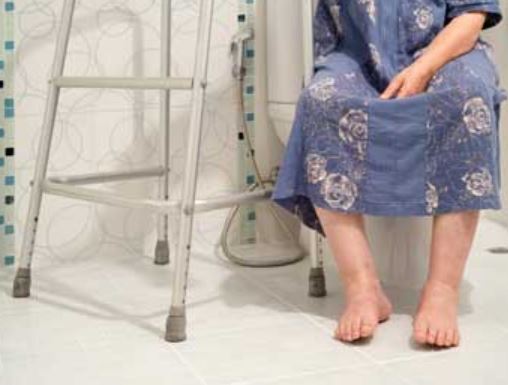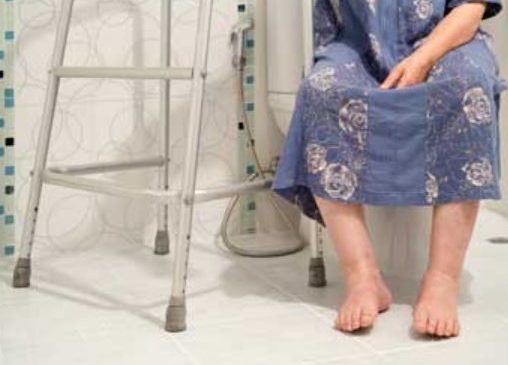How do you deal with elderly incontinence? Read on to find out.
As our parents age, their ability to control bowel and bladder functions may decrease. This could be due to many factors, some temporary, while others permanent.

If you’re providing care for a parent or loved one with incontinence, there may be several challenges that can cause stress and friction. Here are some tips that can help you better care for your elderly loved ones as well as to effectively cope as a caregiver for them.
1. Check with their physician or health care provider. If you haven’t figured out yet the cause for their incontinence, you may need to get a physical exam to see if the cause can be treated. The condition may also be a symptom of an underlying medical issue.
2. Be prepared when traveling. Whether it’s to a nearby park or a farther destination, be sure to always come prepared. Pack a small hygiene kit with incontinent briefs or pads, wet wipes, and even a change of clothes. It helps to have these handy in case an accident happens, especially when a restroom is nowhere in sight. It also helps to be prepared when travelling so as not to discourage your senior loved ones to travel even with incontinence.
3. Wear comfortable and loose clothes. Opt for pants or slacks with elastic waistbands that can be easily and swiftly pulled down. Easy to wear garments can also make it less complicated to dress and undress them.
4. Watch what they eat. It’s important to be aware of what they’re eating or drinking. There are some foods that make elderly incontinence worse. For example, avoid coffee and tea as well as sodas, which can make their bladder incontinence worse.
5. Have and show empathy. Losing control over these basic body functions can be stressful not just to you, but most especially for your elderly loved ones. Look at the issue coming from a place of concern, kindness, and love. Also, be sensitive and show tact. Give them the dignity they deserve even in the most trying situations. These things can help reduce your stress as well.
6. Be reassuring. Don’t rub salt in the wound by further making them feel bad about accidents. Help them overcome their shyness, embarrassment, and shame by being a reassuring presence to them.
7. Accept help. Caring for an elderly loved one, especially one with other issues besides elderly incontinence, can be highly stressful. It’s perfectly alright to set boundaries on what you can do and allow. It’s also perfectly alright to accept help. Don’t hesitate to seek the help of facilities such as Blessed Home to help you out.

Recent Comments